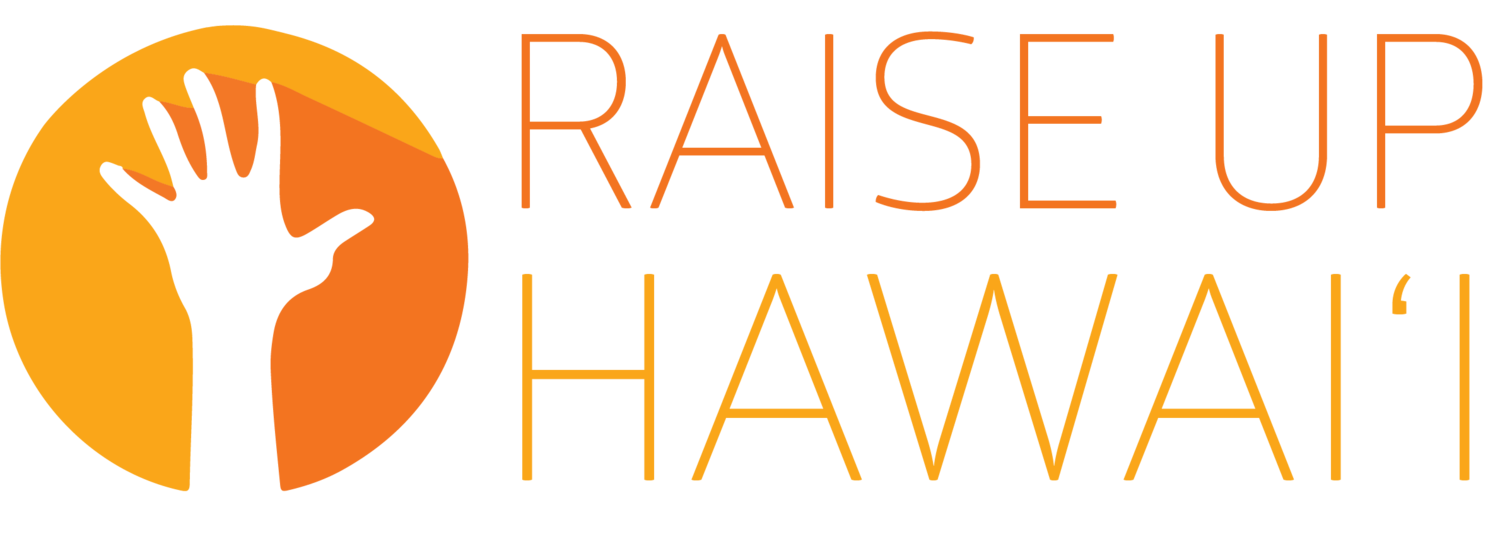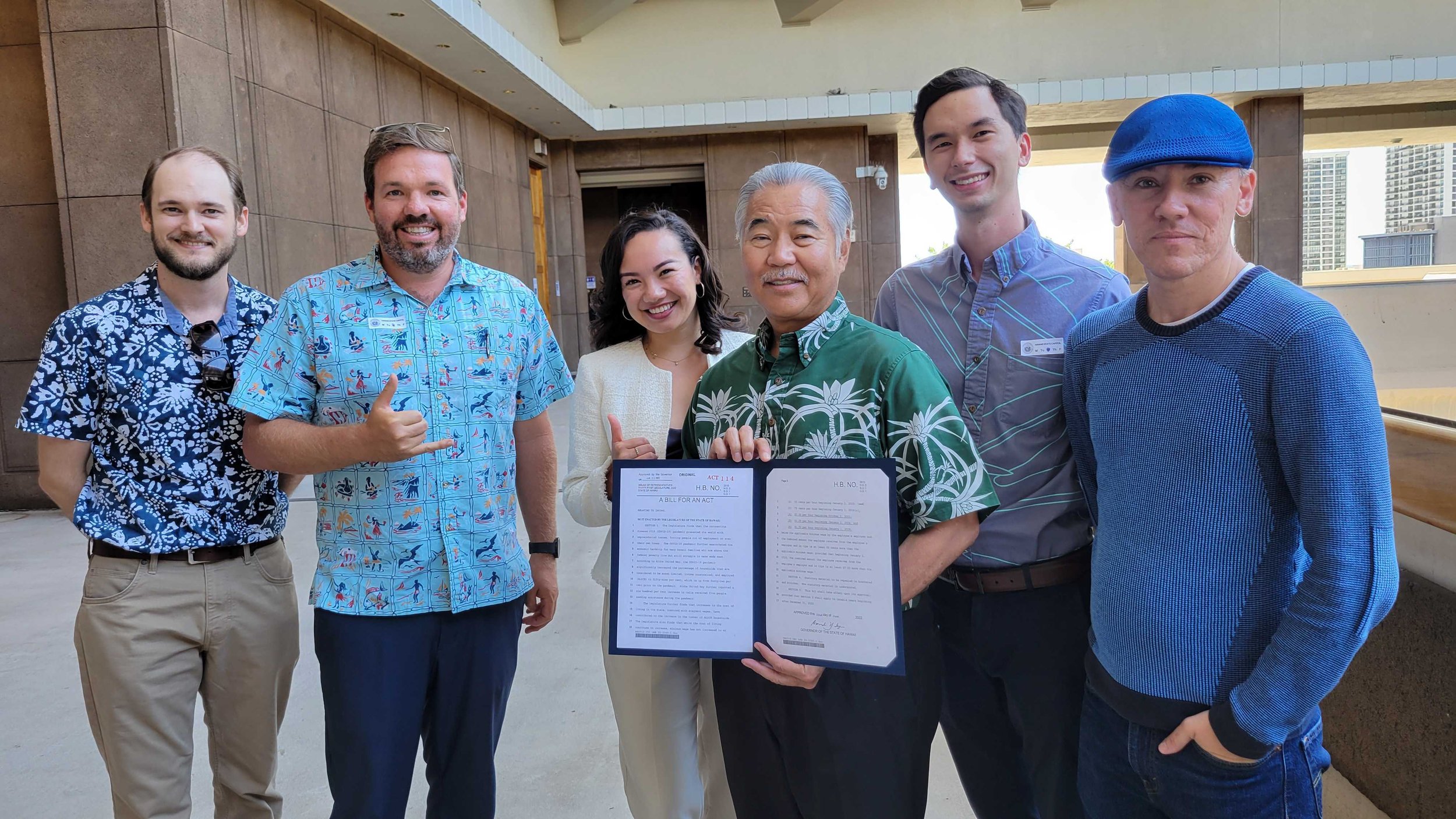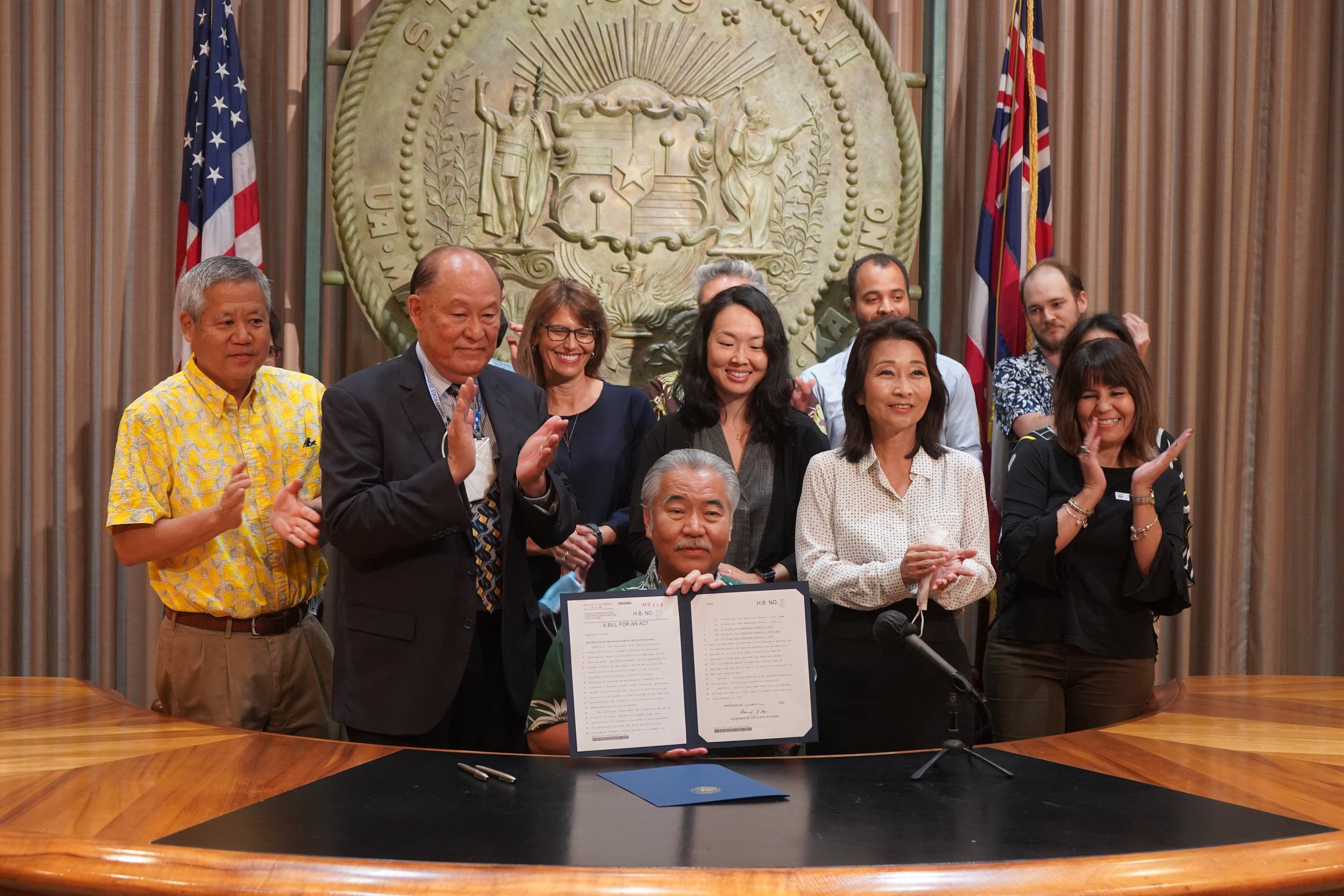Coalitions applaud signing of historic minimum wage and tax fairness legislation
HB2510 will boost annual incomes for low-wage workers by thousands of dollars over the next 6 years, strengthening the economy while alleviating poverty.
HONOLULU, Hawaiʻi — Governor David Ige today signed into law a bill that puts Hawaiʻi on a pathway toward the highest minimum wage in the country, while expanding an important tax credit for working families.
Together, these policies will boost the incomes of minimum wage workers by more than $16,000 a year by 2028 and finally extend the benefits of the Earned Income Tax Credit (EITC) to the working families that need it the most.
“Thank you to the governor and our legislators for putting the people first,” said Jhoe Rosales, who currently makes the state minimum wage, $10.10/hour. “This law will help my family make ends meet here in Hawaiʻi by helping us to pay for our rent, food, and other necessities,”
More than 192,000 workers (27 percent of the state workforce) will benefit from the minimum wage increase, including over 110,000 women and 168,000 workers of color, according to the National Employment Law Project. At the same time, Hawaiʻi’s newly permanent and refundable EITC will mean almost 100,000 local families will be able to depend on direct cash payments year after year, averaging around $400 per qualifying taxpayer, according to the Hawaiʻi Budget & Policy Center.
“This historic legislation represents a significant and meaningful step toward transforming our economy so that it works for everyone, but much more remains to be done,” said Gavin Thornton, Hawaiʻi Appleseed Executive Director.
At $10.10 an hour, or just $21,000 per year, a Hawaiʻi minimum wage worker with no dependents, who is provided employee-sponsored health insurance, would need to work roughly 114 hours per week—three full time jobs—to afford a 1-bedroom apartment. At $18 an hour, that same minimum wage worker would need to work 62 hours per week.
“The state should continue to advance legislation that moves us closer to a true living wage for all workers by continuing to raise the minimum wage beyond 2028,” said Nate Hix, Director of Living Wage Hawaiʻi. “If we can do that, and end the shortage of affordable housing, we can strengthen the working class that is the backbone of Hawaiʻi’s economy.”
“When I became the sole breadwinner of our household, it became very stressful and overwhelming to cover our monthly expenses,” said Chassidy Kruse, a mother and recipient of the EITC. “This law will help me continue to take care of my family.”
“Research consistently shows that, when families can afford to pay for their basic needs, the benefits reach deep within our society,” said Nicole Woo, Director of Research and Economic Policy at Hawaiʻi Children’s Action Network. “Beyond the proven economic benefits, this law will reduce poverty and inequality, improving health outcomes and educational attainment for children in working families, improving social cohesion and even reducing crime.”
###
About the Raise Up Hawaiʻi Coalition: Raise Up Hawaiʻi advocates to raise the minimum wage in Hawaiʻi to a level that will sustain all of Hawaiʻi’s working residents.
About the Hawaiʻi Tax Fairness Coalition: Hawaiʻi Tax Fairness is a coalition of organizations that endorse the principle that for many Hawaiʻi families, the key to self-sufficiency is letting them keep more of what they earn by creating a more equitable tax system.






